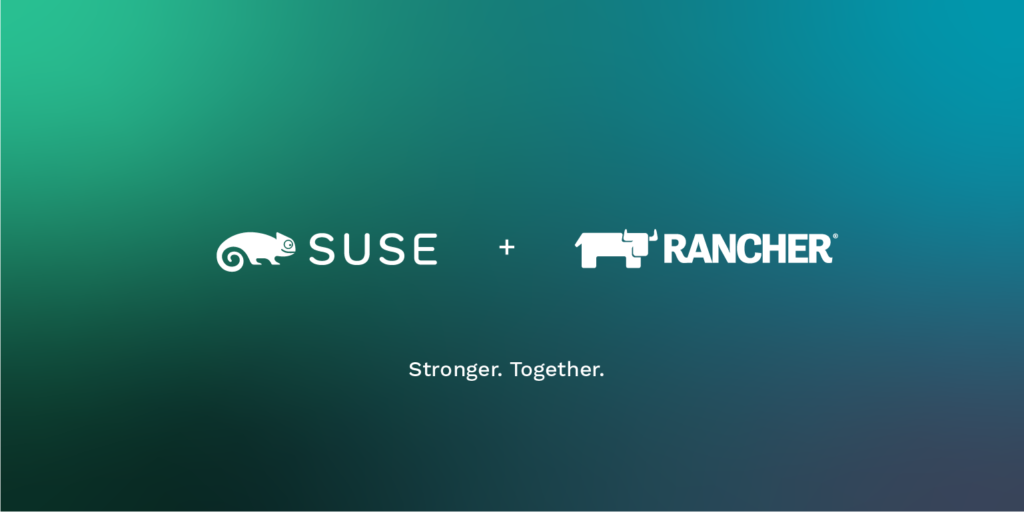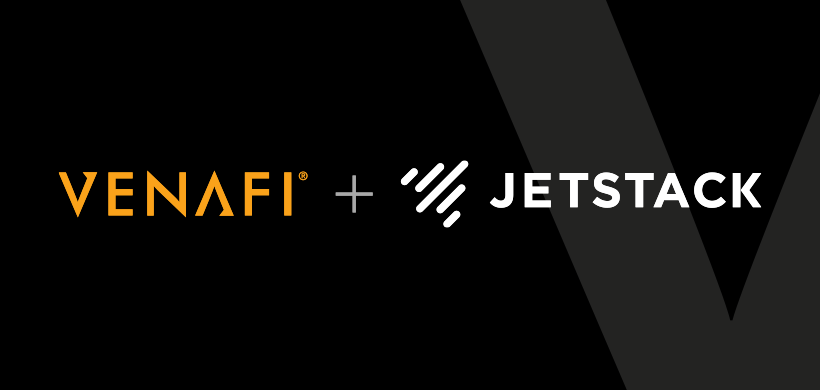Kubernetes is the hottest enterprise technology today. When you’re a large vendor in an emerging space like this, it’s easy to be disrupted by smaller, more nimble startups. But instead of competing with the disruptors, the better way is to leverage their expertise through an acquisition. That’s exactly how 2020 has panned out, with many noteworthy acquisitions. Here are the top Kubernetes-related acquisitions in 2020 and the backstory to each of them.
1. Pure Storage acquires data-service platform Portworx
We begin with the biggest deal of the year, with Pure Storage paying $370 million to acquire Portworx.
Pure specializes in all-flash array storage and has a wide footprint globally among large organizations. This type of storage is great for data-intensive jobs that require high-performance storage with very low latency. What Pure still needed is to diversify to support Kubernetes’ storage needs, which is likely a bigger and more fast-growing market.
Portworx handles data storage and management for K8s. In fact, it is the leading Kubernetes storage solution available today. Pure plans to take Portworx’s cloud-native storage offerings to their larger customer base and help their customers quicken their digital transformation journey.
Pure Storage already offers a Pure Service Orchestrator storage service for Kubernetes. They plan to integrate this service with Portworx down the line. This means that Portworx will be operated as a standalone business rather than get absorbed into Pure.
2. Cisco acquires PortShift
Cisco is one of the largest providers of networking technology for enterprises. However, its solutions tend to be a bit dated in today’s cloud-native world of Kubernetes. The best way to fix this is to acquire a smaller startup innovating in the space and incorporate their product into Cisco’s offerings. That’s exactly what Cisco found in PortShift. Cisco acquired PortShift for $100 million. Cisco already has a vast customer base of loyal enterprises that don’t plan on going anywhere else; all it needs is to find the right solutions to pitch to them. And PortShift is that solution for Cisco
PortShift is a Kubernetes-native security platform. It runs agent-less and can scan container images, pods, and namespaces for vulnerabilities. It allows only verified images to be shipped through to production. With the use of policies, PortShift enables organizations to audit and enforce compliance on deployments. Network security is another aspect that Cisco’s customers would be interested in knowing more about.
3. Suse acquires Rancher Labs

Suse is a leading provider of enterprise Linux services, competing with Red Hat in this space. However, Suse has watched while a lot of action went down on Red Hat’s side. It started with Red Hat acquiring CoreOS way back in 2018. Red Hat soon after integrated CoreOS into its Tectonic platform. Just a few months after that IBM acquired Red Hat in a landmark deal valued at $34 billion.
Meanwhile, Suse itself changed hands being sold from Micro Focus to EQT, an investment company that owns multiple growth-focused companies. Suse has made its move recently by acquiring Rancher, one of the leading Kubernetes startups.
Rancher became popular for its Kubernetes distro RancherOS. Further, Rancher has created quite a few successful open-source projects like K3s, the lightweight Kubernetes distro meant for edge scenarios, and Longhorn, a block storage solution for Kubernetes. As one of the top contributors to the Kubernetes project, Rancher is well-known and reputed in the cloud-native ecosystem.
With its peers like CoreOS getting acquired not too long ago, it’s not surprising that Rancher would find a suitor. Similar startups to keep an eye on are Kubermatic, and Kublr. There is bound to be more consolidation in the space in the months ahead, and while we had a wave of Kubernetes startups in the past few years, there are bound to be acquisitions going forward.
4. VMware acquires Octarine
VMware was caught on the wrong foot when the container revolution kicked off. It was the flagship vendor of virtual machines, which got a bad rap after containers came on the scene. Since then, VMware has been on a reconnaissance mission to stay relevant in an era of containers and Kubernetes. VMware’s strategy has been to acquire container startups to strengthen its position in the space.
Some of VMware’s prominent acquisitions over the past couple of years are Heptio, a startup founded by Kubernetes co-founders, Carbon Black, a cloud-native security solution, and Pivotal Software, which already had a good history with VMware in the Cloud Foundry open-source project.
VMware now acquired Octarine, a Kubernetes security platform, and intends to use it to bolster its Carbon Black Cloud offering. This shows VMware is holding nothing back at getting its cloud-native game together.
5. Mirantis acquires Kontena and Lens
Mirantis has been around before the rise of Kubernetes, back when OpenStack was the preferred open-source cloud platform for many enterprises. Telcos especially bet big on OpenStack. As the attention shifted to Kubernetes, Mirantis needed to make a pivot. They have been using acquisitions to great use while making this pivot.
In 2019, the big news was that Mirantis had bought Docker Enterprise from its parent company, which was struggling to find its footing alongside Kubernetes. In 2020, Mirantis has continued this trend by acquiring Kontena early in the year, and later Lens, which also belonged to Kontena.
Kontena is the creator of Pharos, an open-source Kubernetes distribution that has support for on-prem or any cloud platform, bare metal or VMs, and a variety of Linus OS’es.
Lens, also created by Kontena, is an IDE for Kubernetes. Lens is a desktop app that makes it easy to manage Kubernetes clusters in production. Knowing how enterprise developers love IDEs and are used to working in IDEs since before the cloud was a thing, they’d feel at home with Lens. Lens would make a great addition to Mirantis’ Docker Enterprise offering.
With these acquisitions, Mirantis is staying on path with its strategy of being the go-to platform for building modern enterprise applications.
6. Venafi acquires Jetstack

Venafi focuses on machine identity protection. It verifies certificates, SSH keys, code signatures, and devices. It enables organizations to enforce policies for these components and stay continuously compliant. Certificate management is at the core of what Venafi does, and if it can find a better way to do this through an acquisition, that’s a big win. That’s exactly what Venafi saw in Jetstack.
Jetstack has created a popular open-source certificate manager for Kubernetes, which unsurprisingly called cert-manager. What is does is issue certificates, ensures they’re valid, and renews them before expiry. Cert-manager integrates with Let’s Encrypt, Hashicorp Vault, and Venafi.
Another solution from Jetstack is called Preflight, which automatically scans your Kubernetes clusters for vulnerabilities such as misconfigurations or any anomaly in resource utilization.
The deal will deepen Venafi’s expertise in machine identity protection, especially when it comes to certificate management.
Kubernetes acquisitions reflect the vast opportunities
What can we take away from these Kubernetes-related acquisitions? There is a lot of money at stake in the Kubernetes ecosystem. The large players are aware of the opportunity, and the startups are reaping the benefits already.
Also, notice that the startups that got acquired are solving the biggest problems with Kubernetes. Most of them solve challenges related to Kubernetes management in production. Quite a few startups operate in the Kubernetes security space. And Portworx is a standout in the storage space.
If you’re an organization looking to run Kubernetes in production, there are numerous options mentioned in this post. If you’re a startup, positioning yourself appropriately will make you a target ripe for an acquisition. If you’re a large cloud-native vendor, you may want to look for similar startups that can give you an edge in a very competitive space.
Featured image: TechGenix photo illustration



